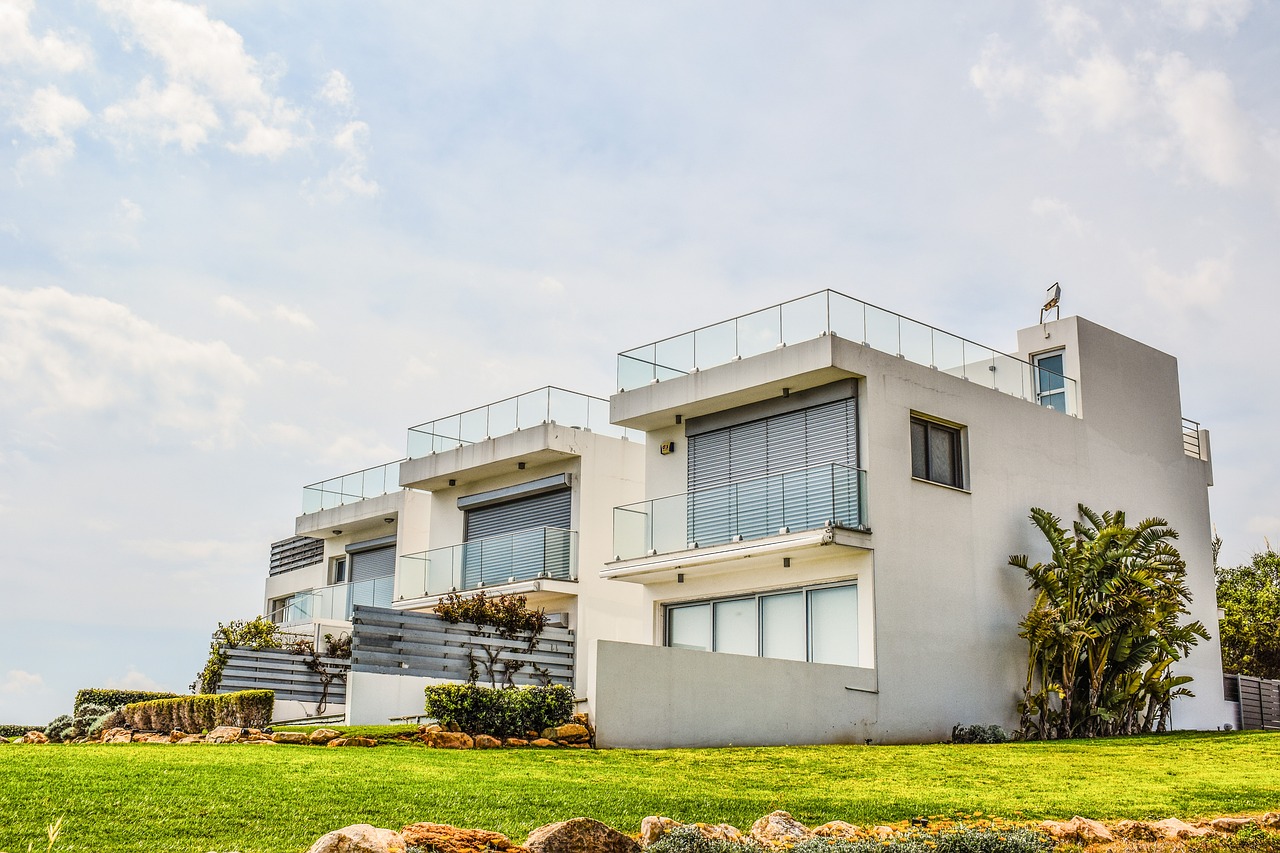Factors That Can Lower the Selling Price of a House

Selling a house can be an exciting and profitable venture, but getting the price you want is not always easy. Many factors can affect the value of your home, from its age and condition to its size and location. As a seller, it’s essential to understand what can lower the selling price of your property so that you can take steps to mitigate these factors. In this blog post, we’ll explore some common elements that may decrease the value of your house and provide tips on how to address them. So buckle up, and let’s maximize your profits when selling your home.
Condition of the House
 The house’s condition is one of the most important factors affecting its selling price. Buyers are always looking for houses that are well-maintained and move-in ready, so a poorly maintained or outdated house may not generate as much interest. One thing to consider is the overall appearance of the house. A fresh coat of paint, clean carpets, and updated fixtures can improve a home’s condition and appeal to potential buyers. Another aspect to consider is any necessary repairs or upgrades. A leaky roof, outdated plumbing or electrical systems, or broken appliances can all detract from the value of a home. The condition of the house also involves pest infestations like mice. If you plan to sell your home, considering rodent control is important.
The house’s condition is one of the most important factors affecting its selling price. Buyers are always looking for houses that are well-maintained and move-in ready, so a poorly maintained or outdated house may not generate as much interest. One thing to consider is the overall appearance of the house. A fresh coat of paint, clean carpets, and updated fixtures can improve a home’s condition and appeal to potential buyers. Another aspect to consider is any necessary repairs or upgrades. A leaky roof, outdated plumbing or electrical systems, or broken appliances can all detract from the value of a home. The condition of the house also involves pest infestations like mice. If you plan to sell your home, considering rodent control is important.
Age of the House
The age of a property is also a factor that can significantly impact its selling price. Buyers are often wary of older homes, particularly those with outdated or worn features that require extensive repairs or renovations. However, this doesn’t mean you must accept a lower sale price for an older house. One way to mitigate the effects of age on your property’s value is to invest in cosmetic upgrades that make it look and feel more modern and well-maintained. This could include updating fixtures, repainting walls, replacing carpets or flooring, or even undergoing minor renovations like adding new countertops or cabinets. Another option is to highlight your home’s unique historical features as a selling point. If your house has original architectural details, such as stained glass windows or ornate molding work, consider showcasing these elements in your marketing materials and during open houses.

Size of the House
The size of a house is an essential factor that can significantly impact its selling price. A large house might appeal to some buyers, while others may prefer something smaller and easier to maintain. However, generally speaking, larger homes tend to sell for more than their smaller counterparts. When it comes to the size of the house, there are several things you need to keep in mind as a seller. For one thing, larger homes will typically require higher maintenance costs and utility bills than smaller ones. Potential buyers may be deterred by the ongoing expenses of owning a bigger home.
When selling a house, several factors can affect the price. The age of the house, its overall condition, and its size are some of the most important ones to consider. Understanding these factors can help you know what to expect when selling your home. Ultimately, working with an experienced real estate agent who understands local market conditions is also key. They can help guide you through every step of the process and ensure you get a fair deal when selling your property.



